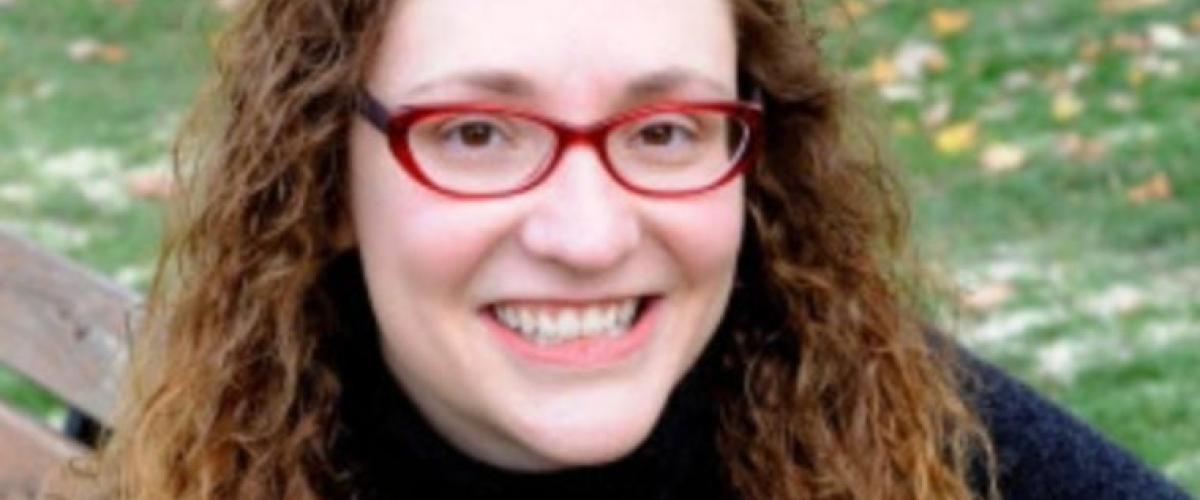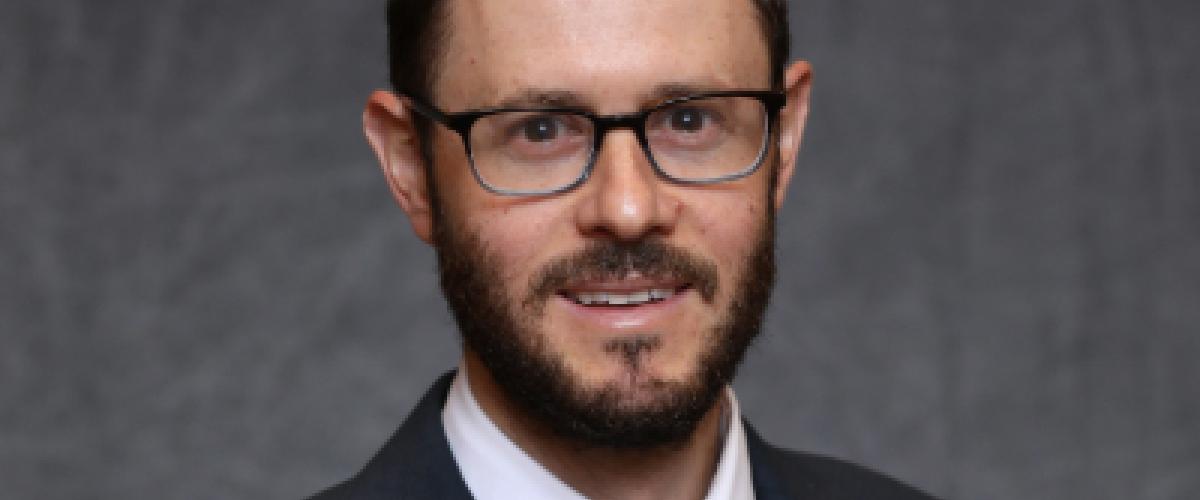Working on what’s next for reproductive rights
It’s hard to understand when Jessie Hill, the Judge Ben C. Green Professor of Law at Case Western Reserve University School of Law, found time to sleep this year.
In the months after the U.S. Supreme Court’s overturning of Roe v. Wade, Hill has litigated, consulted, advised and educated—all with the goal of helping safeguard Ohioans’ reproductive choice.
Hours after Roe was overturned, Ohio’s six-week abortion ban went into effect. For three months, Hill was deeply involved in counseling clients, physicians and attorneys on complying with what was the most restrictive abortion ban in the country at the time.
By September 2022, Hill—acting as volunteer attorney in Preterm-Cleveland v. David Yost—was arguing on behalf of the ACLU and several Ohio reproductive healthcare providers that the six-week ban violated Ohio’s constitutional right to due process, equal protection and “healthcare freedom.” The judge ruled in their favor, temporarily ending the six-week ban.
Meanwhile, throughout Ohio, a broad coalition of citizens and organizations united in an effort to add a constitutional amendment that would enshrine abortion rights in the Ohio Constitution.
Hill jumped in on that project, too.
While she spent her days tending to her academic duties, Hill spent her nights helping to craft the ballot language that would be circulated on thousands of petitions around the state, and eventually was submitted to Ohio’s Secretary of State for inclusion on the November 2023 ballot.
She helped craft the ballot language that would be circulated on thousands of petitions around the state, and eventually was submitted to Ohio’s Secretary of State for inclusion on the November 2023 ballot.
A year after Hill and the plaintiffs were victorious in state court in Preterm-Cleveland v. David Yost, she was at it again—this time, at the Ohio Supreme Court. The case, which was heard in late September, focused on two procedural questions: whether the state government can immediately appeal the lower court’s order, and whether abortion providers can bring legal challenges on behalf of their patients.
“The case is pretty significant because the court order is the only thing that has kept abortion legal and accessible in Ohio for the past year,” Hill explained.
While she and the plaintiffs—and reproductive freedom advocates across Ohio—wait for the court’s ruling, Hill is looking forward to Election Day on Nov. 7, when Ohioans will weigh in on the ballot amendment she helped create.*
She acknowledged that this is uncharted territory—for everyone.
“If we pass this in November, this would be the first time that a pro-choice ballot initiative will have passed in a state where the legislative, executive and state supreme court are hostile to abortion,” she said. ”And nobody knows what that looks like.”
Engaging the next generation
No matter what happens in Ohio on Election Day, Hill will continue—and expand—the work of ensuring reproductive freedom for all Ohioans.
With newly acquired grant funding, Hill is assembling a team of two staff attorneys, including Becca Kendis (LAW ’19, SAS ’19), who has worked with her since 2020, and Maggie Scotece, who joined the law school team after serving as Interim Executive Director for the Abortion Fund of Ohio and, prior to that, as a staff attorney at Disability Rights Ohio. They are also supported by Program Manager Holly Bland. Together, they will focus on challenging legal restrictions on reproductive rights and healthcare providers—and, if the ballot measure fails, helping to preserve access to reproductive healthcare wherever possible, and counseling providers on how to comply with the law.
She also intends to engage more students going forward.
“This generation of students is incredibly engaged and aware of what is going on in the world,” she said. “They're really a bunch of doers.”
She’s ready to put those doers to work. Hill is formulating an initiative that will help provide opportunities for students who want to do legal research that will contribute to reproductive rights, and eventually, to offer a full externship.
“That’s really the long-term goal,” she said.
Paving a new path
With federal protections for abortion no longer in place, Hill and her team will also begin thinking about what happens next. “The big-picture question is really: What will the right to reproductive autonomy look like? How will we rebuild a future from scratch?” she asked, admitting that “it’s more of an academic and intellectual exercise.”
Bolstering Hill’s hopes is her observation of a shift in the political discourse around abortion and reproductive healthcare. The citizen-led ballot initiative prompted a more open discussion of abortion, which has long been a taboo subject.
“There's so much that we just didn't have to talk about because Roe was there,” Hill explained, “and, while the fall of Roe was catastrophic in every way, I think it's actually at least a positive development that we are talking about abortion.”
Hill has clearly been a leader in the fight for reproductive rights in Ohio. But as she has watched Ohioans push for the ballot amendment, she also has come to a realization about her place in that fight.
“There's no legal change anymore without political change in Ohio,” she said, pointing out the role of politicians in shifting state laws. “But that’s not my place. I’m a law professor. It's been a real learning opportunity for me to realize that the role of lawyers is not always to lead that movement.”
For now though, Hill will anxiously await the results of the November election.* “I’ll just be biting my nails down to the quick,” she laughed.
Whether or not the amendment passes, she said, one thing is certain: “There will still be a lot of work to do in Ohio.”
This article was originally published in Case-Law Med, the Law-Medicine Center magazine.
*On. Nov. 7, Ohio voters approved the proposed ballot amendment.





